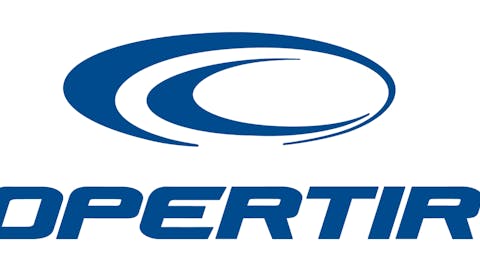Few companies maintain the level of anti-sentiment as General Motors Company (NYSE:GM) has since the recession and ensuing bailout. As many times as I hear, “I’ll never buy a General Motors Company (NYSE:GM) vehicle again,” or “Government Motors is going to fail again,” you’d think it would have an effect on the company’s sales. Maybe it does, but you sure can’t tell by its recent sales figures. Ford Motor Company (NYSE:F) and GM both posted very solid second-quarter earnings, and started the third quarter with strong July results. Here’s a look at General Motors Company (NYSE:GM)‘s results.

General Motors Headquarters in Detroit. Photo Credit: General Motors Company.
July 2013
General Motors Company (NYSE:GM)’s total sales were up 16%, and July was a very balanced month with all four brands increasing by double digits. The total number of units sold came in at 234,071, which were favorable to cross-town rival Ford Motor Company (NYSE:F) by about 40,000 vehicles.

Quick hits
Cadillac is having a phenomenal year, and car sales were up 34%
Full-size pickup sales were up an incredible 44%
Impala sales jumped up 38% with the redesigned model
General Motors Company (NYSE:GM) and Chevy car sales were up 24% and 31%, respectively
GMC Terrain, Chevy Equinox and Cruze all set record July sales figures
Retail sales increased by 23% in July, while fleet sales declined 6%
There’s a lot of very positive news in those quick-hit highlights, especially the increase in retail sales and decline in fleet sales. Fleet sales aren’t all bad, especially when managed correctly; however, fleet sales represent 25.5% of GM’s sales for the year — investors were pleased to see that figure under 20% for July.
Looking at competitors, General Motors Company (NYSE:GM) fared well with its 16% sales increase compared to rivals Honda, Toyota, and Ford Motor Company (NYSE:F), which posted increases of 21%, 17%, and 11%, respectively. Toyota actually topped Ford in sales for the first time in three years — if only by a handful of units.
GM is beginning to tackle one of their biggest problems — refreshing the industry’s oldest vehicle lineup. If July is any indicator, the refresh is going to have a very positive effect, as 90% of the lineup is refreshed, replaced, or redesigned by 2016.
“The difference between good sales and great sales in a slow-growth economy is how many new products you have to offer, and we are starting to hit our sweet spot,” Kurt McNeil, head of U.S. sales operations said, according to Automotive News.
Bottom line
There are some very encouraging signs for General Motors Company (NYSE:GM) investors in its second quarter and July sales reports. Those include Cadillac having its most improved year since 1976, as well as redesigned vehicles like the 2014 Impala bouncing back very well in sales. Let’s not forget that the newly designed Silverado and Sierra full-size pickups, which bring in a majority of GM’s profit in North America, are starting to sell extremely well.
All the good stuff aside, GM still has a lot of work to do on its bottom line. It needs to continue consolidating platforms, create economies of scale, and work to improve its operating margin. GM’s got a lot to work with from its top-line sales and future growth from new vehicles, but if GM wants to see its share price increase, it will be from fixing its bottom line going forward — and I think it can.
The article GM Shines In July Sales Report originally appeared on Fool.com and is written by Daniel Miller.
Fool contributor Daniel Miller owns shares of Ford and General Motors. The Motley Fool recommends Ford and General Motors. The Motley Fool owns shares of Ford.
Copyright © 1995 – 2013 The Motley Fool, LLC. All rights reserved. The Motley Fool has a disclosure policy.



